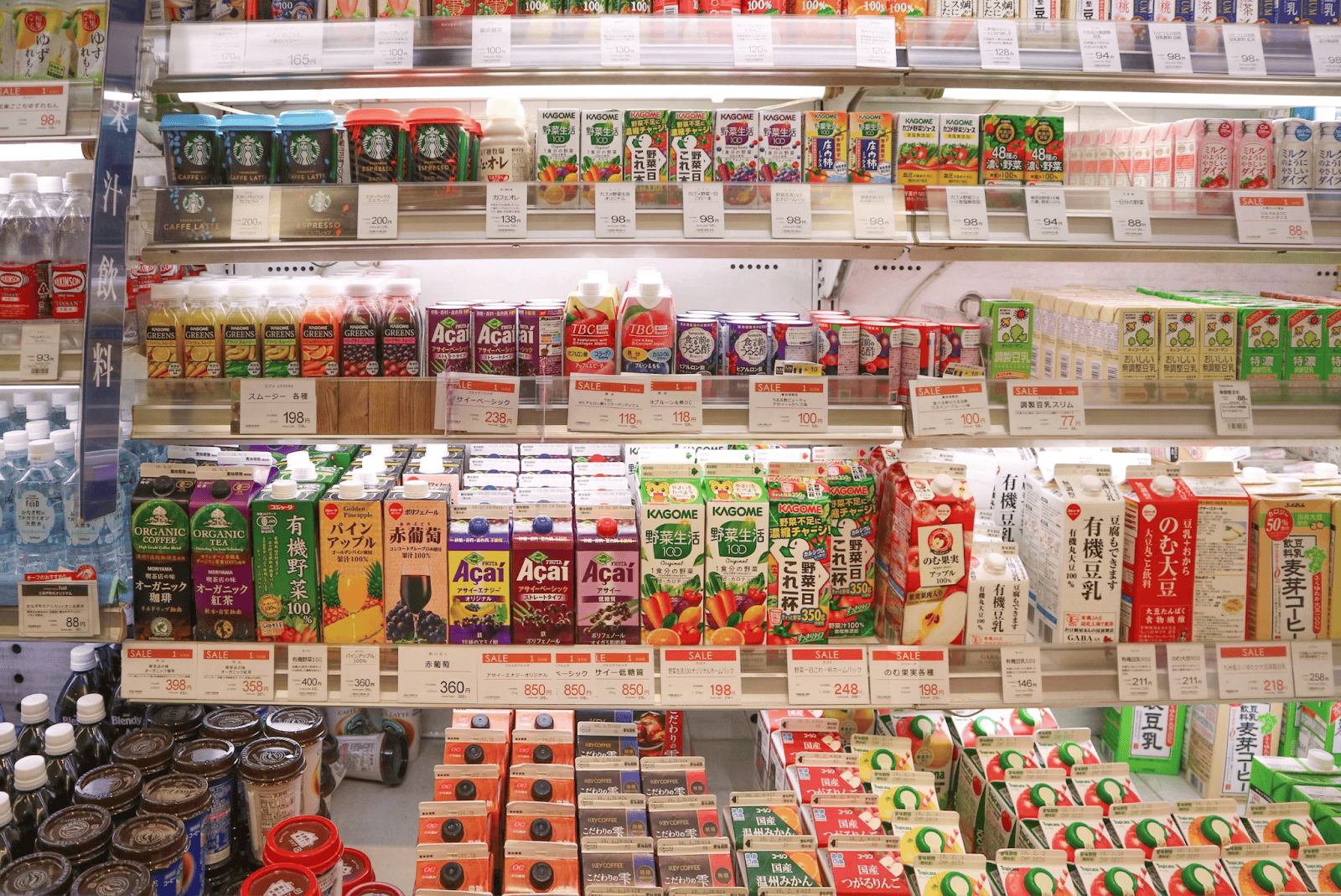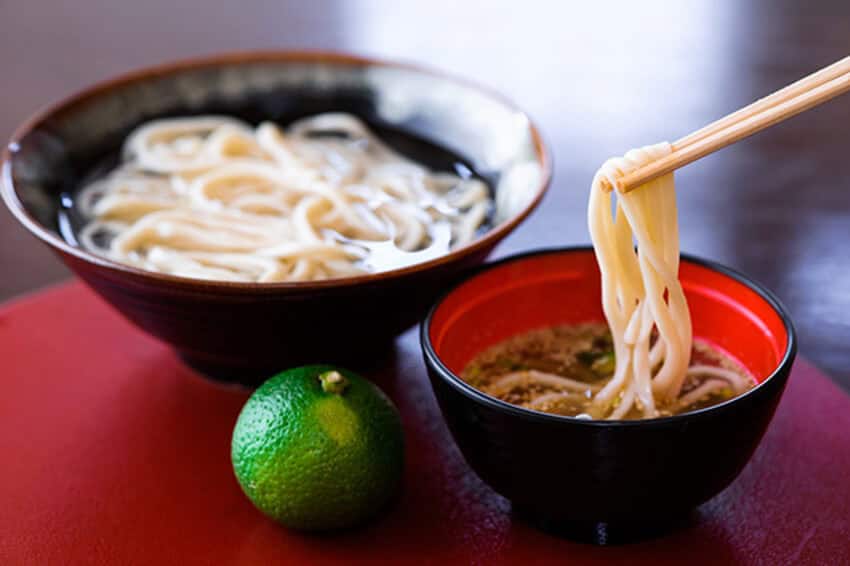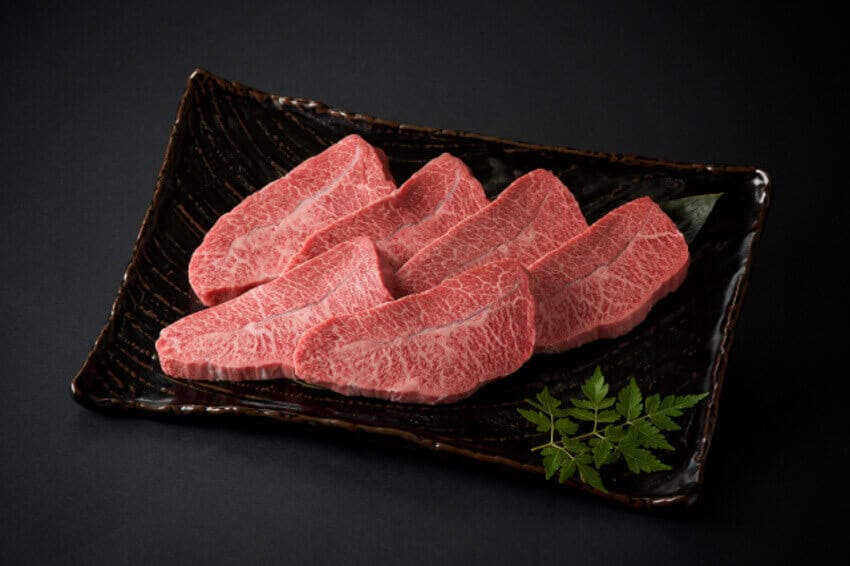In the bustling urban landscapes of Japan, convenience stores—known locally as “konbini”—represent far more than just quick stops for snacks or beverages. These 24-hour establishments have evolved into essential community hubs that seamlessly blend efficiency, quality, and a remarkable breadth of services in compact spaces. While American college campuses have their own convenience stores, they often fall short of the konbini standard, typically offering limited selections at premium prices in sterile environments that lack the warmth and utility of their Japanese counterparts.
As someone who spent a semester abroad in Tokyo while researching for my graduate school essay writing service project on urban community spaces, I witnessed firsthand how konbini culture could transform daily life. The integration of multiple essential services in one accessible location created an environment where students and working professionals alike could efficiently manage their daily needs without disrupting their busy schedules—a model that American universities would do well to study and adapt.
The Konbini Revolution: More Than Just Convenience
Japanese konbini chains like 7-Eleven, Lawson, and FamilyMart have redefined what convenience means. Unlike their American counterparts, these stores offer fresh, high-quality meals prepared daily, extensive banking services, package delivery, bill payment options, printing facilities, and even government service access points—all within spaces typically no larger than 2,500 square feet.
Quality Food at Reasonable Prices
Perhaps the most striking difference between American campus convenience options and Japanese konbini is the food quality. While U.S. college convenience stores typically stock processed snacks and frozen items, konbini feature freshly prepared bento boxes, onigiri (rice balls), sandwiches, and seasonal specialties that rotate regularly. These items are priced reasonably and designed with nutrition in mind—not merely as fuel but as enjoyable meals.
American campuses typically charge hefty markups for convenience foods, while Japanese konbini offer complete, balanced meals for under $5. This approach reflects a broader philosophy that contrasts with the approach of the average college essay writing service—focusing on depth and quality rather than merely meeting minimum requirements.
Multi-Functional Spaces
Japanese konbini function as micro-service centers, offering:
- Banking ATMs with extended hours
- Package pickup and shipping services
- Bill payment facilities
- Ticket purchasing for events and transportation
- Printing, copying, and scanning services
- Free Wi-Fi
- Clean restrooms
- Recycling stations
Imagine if campus convenience stores in America operated with this philosophy. A student could print an assignment, pay their utility bill, pick up a prescription, mail a package, and grab a fresh, affordable dinner—all in one stop between classes. This level of integration would be as convenient as using a graduate school essay writing service online to handle academic tasks while focusing on other responsibilities. Such efficiency would transform campus logistics, especially for students without vehicles or those with tight schedules balanced between work and studies.

Efficiency Without Sacrificing Quality
What makes konbini truly remarkable is their operational efficiency. Despite offering extensive services, most locations are staffed by just 2-3 employees at any given time. This efficiency extends to inventory management—a precisely calculated system ensures minimal waste while maintaining product freshness.
Japanese konbini have perfected the science of inventory rotation through systems developed with insights from graduate school application essay writing service research on retail efficiency. Items are restocked multiple times daily, with careful attention to peak demand hours. American campus stores could implement similar systems to reduce waste and maintain fresher inventory.
Community Hubs
Beyond pragmatic services, konbini function as informal community centers. In a society known for small living spaces, they provide neutral ground where people from all walks of life interact. This social aspect is perhaps most valuable on college campuses, where students often seek “third spaces” beyond dorms and classrooms.
Konbini culture demonstrates how thoughtfully designed retail spaces can serve social functions. Many researchers conducting essay writing service projects on public spaces have observed how these stores foster brief but meaningful community interactions across demographic boundaries.

Implementation on American Campuses
How might American universities adopt this model? Several approaches seem promising:
- Campus convenience operations could expand service offerings without necessarily increasing physical footprints. Adding postal services, banking functions, and enhanced printing facilities would transform these spaces from mere retail outlets to service hubs.
- Food quality could be dramatically improved by partnering with local vendors and implementing Japanese-style daily delivery systems rather than weekly restocking. This shift would reduce waste while improving nutrition and satisfaction.
- Staffing models could be reconsidered. Rather than viewing campus convenience stores as retail training grounds, universities could position them as integrated service centers with employees cross-trained in multiple functions.
Universities working with a cheap essay writing service to draft proposals for campus improvements often cite the konbini model. The potential cost savings from consolidated services makes the concept attractive from a budgetary perspective.
Cultural Adaptations Required
Of course, wholesale importation of konbini culture would require adjustments for American campus contexts. Japanese convenience stores benefit from dense urban populations, extensive public transportation, and cultural norms around service quality that differ from American expectations.
However, the core principles—efficiency, multi-functionality, quality, and community orientation—remain transferable. Campus planners would need to analyze specific institutional needs rather than implementing generic solutions. In this way, even the products that are stocked in the konbini matter: matcha, ice americano, onigiri, boiled egg are all the popular positions that can work in America the same they do in Japan.
The Future of Campus Convenience
As universities face increasing pressure to improve student services while containing costs, the konbini model offers compelling possibilities. Some forward-thinking institutions have already begun implementation with promising results.
Some forward-thinking institutions have already begun implementing similar models. These campus hubs incorporate multiple service functions into campus convenience stores, resulting in increased usage and higher student satisfaction scores. These developments often draw from the best essay writing service reviews highlighting what students need most—convenience, affordability, and quality—to build improved campus service models.
As American higher education continues evolving in response to changing student demographics and expectations, convenience infrastructure represents an often-overlooked opportunity for meaningful improvement. By studying and adapting the successful elements of konbini culture, universities can transform utilitarian campus corners into vibrant service centers that genuinely enhance student life.
The humble convenience store may seem an unlikely source of innovation for American higher education. Yet in this intersection of commerce, service, and community, Japanese konbini offer valuable lessons about meeting diverse needs efficiently without sacrificing quality—precisely the balance that universities continually strive to achieve.















Comments